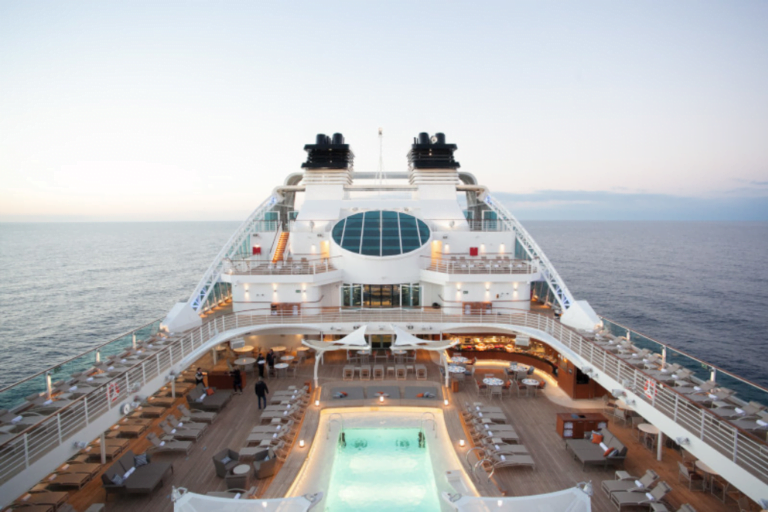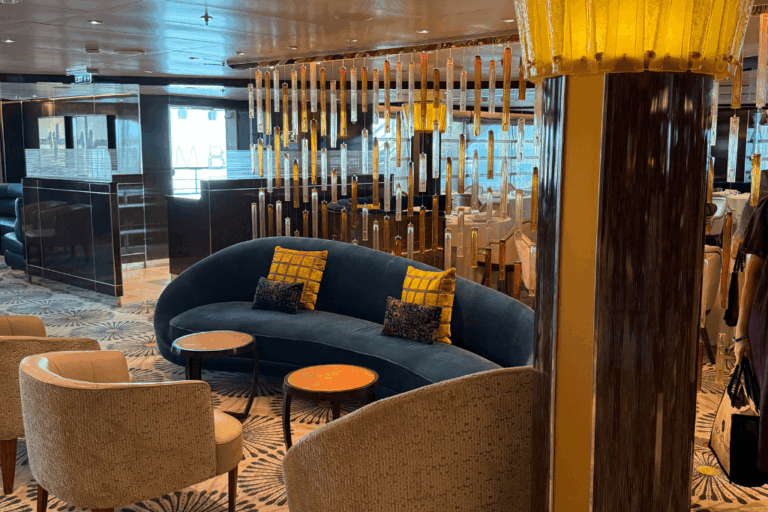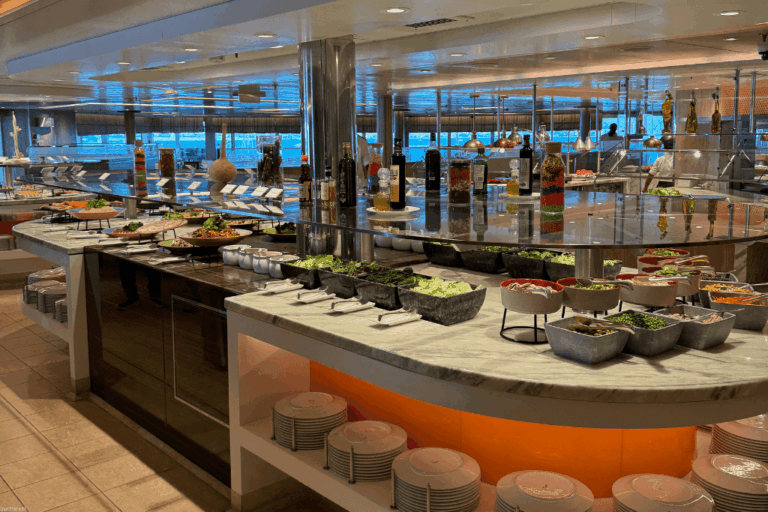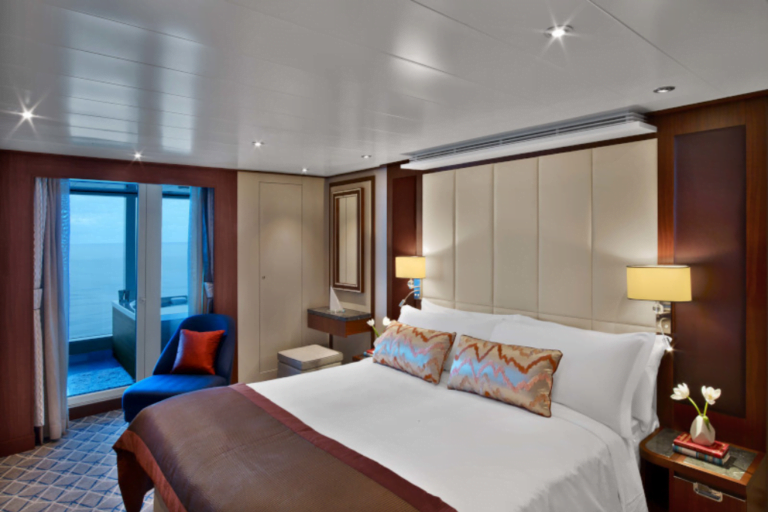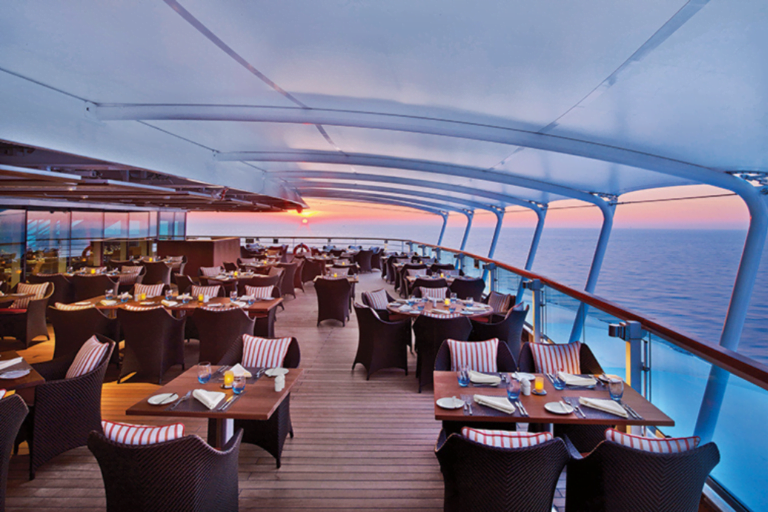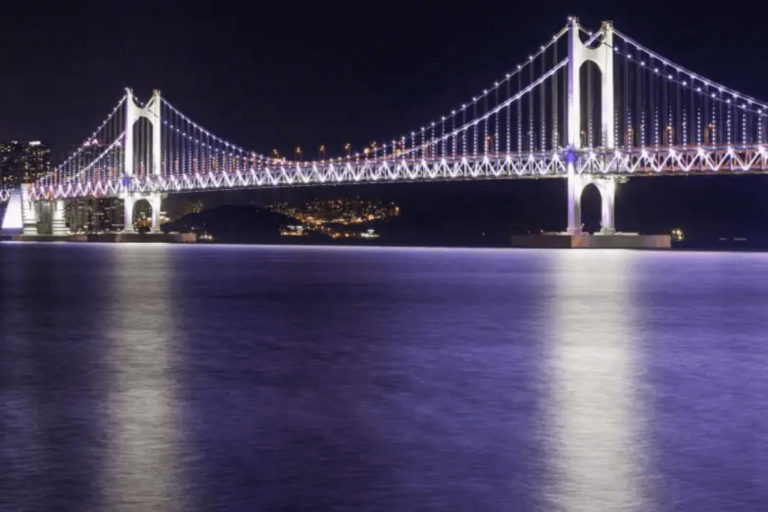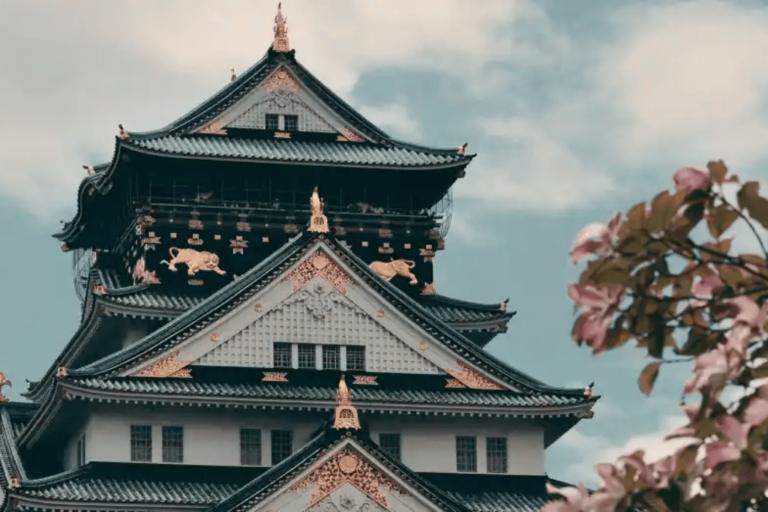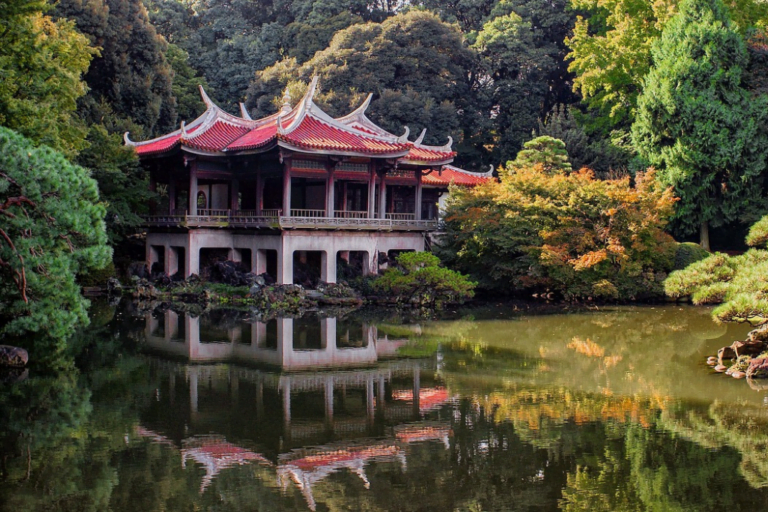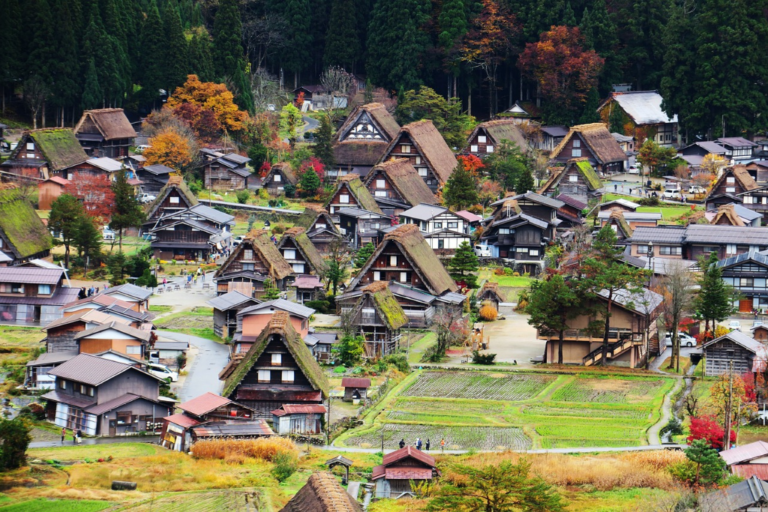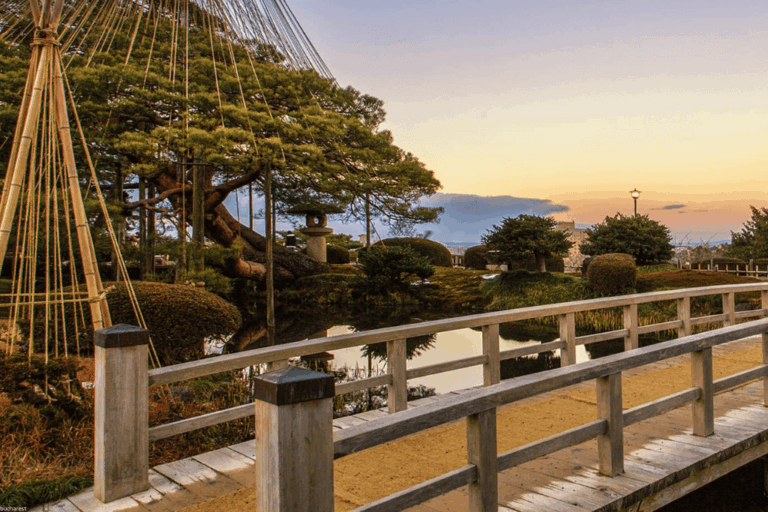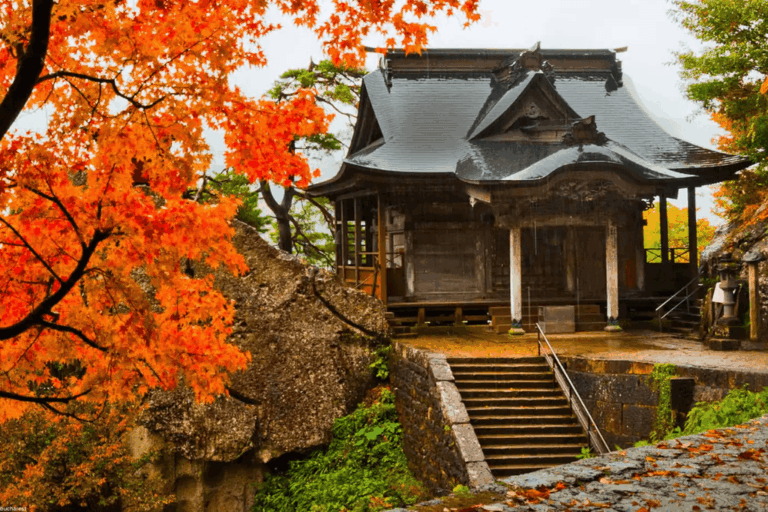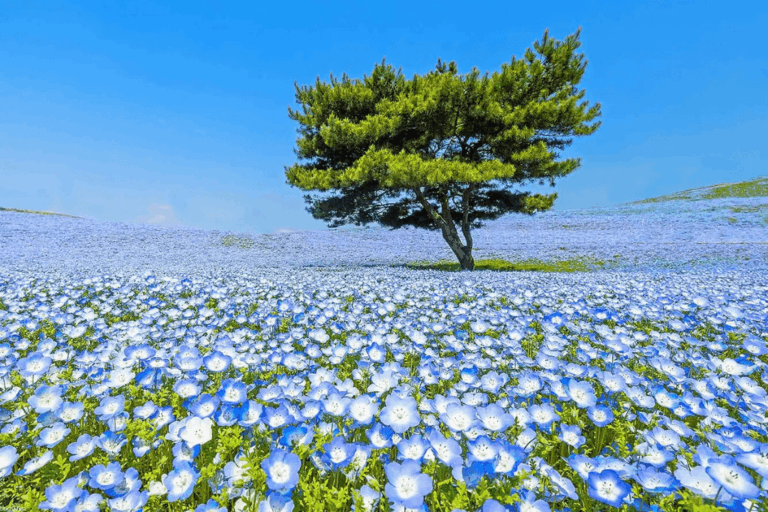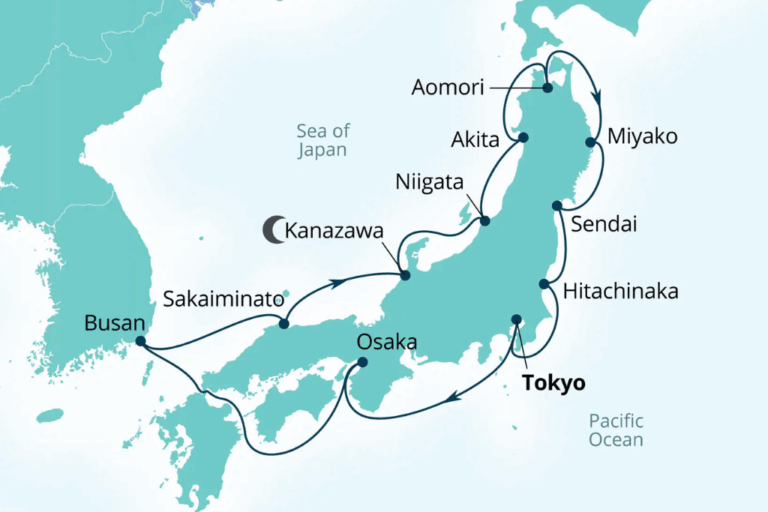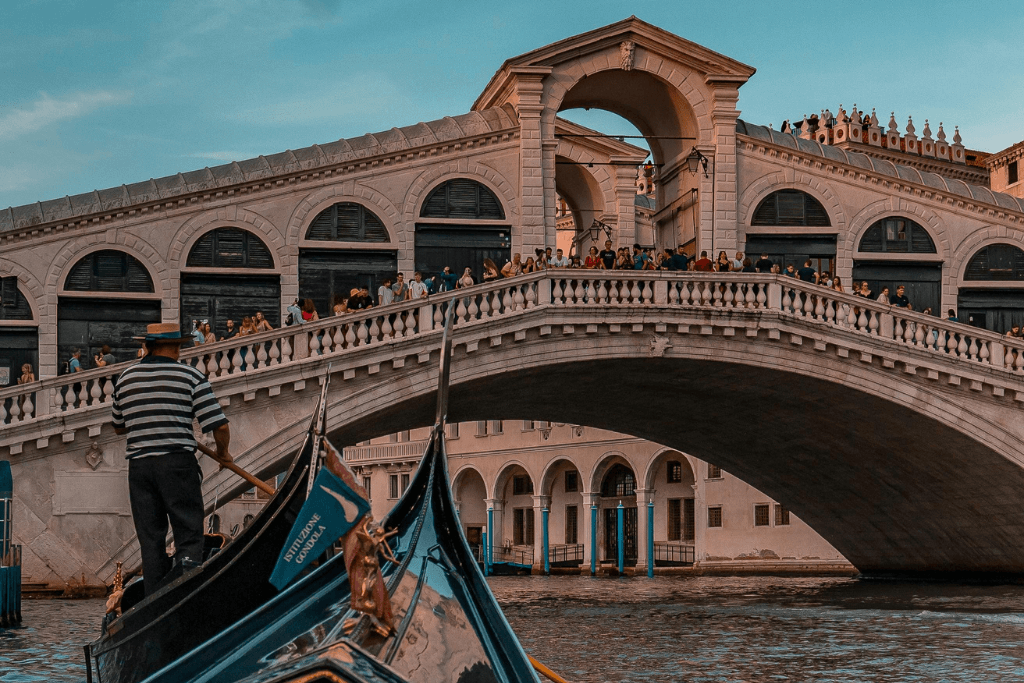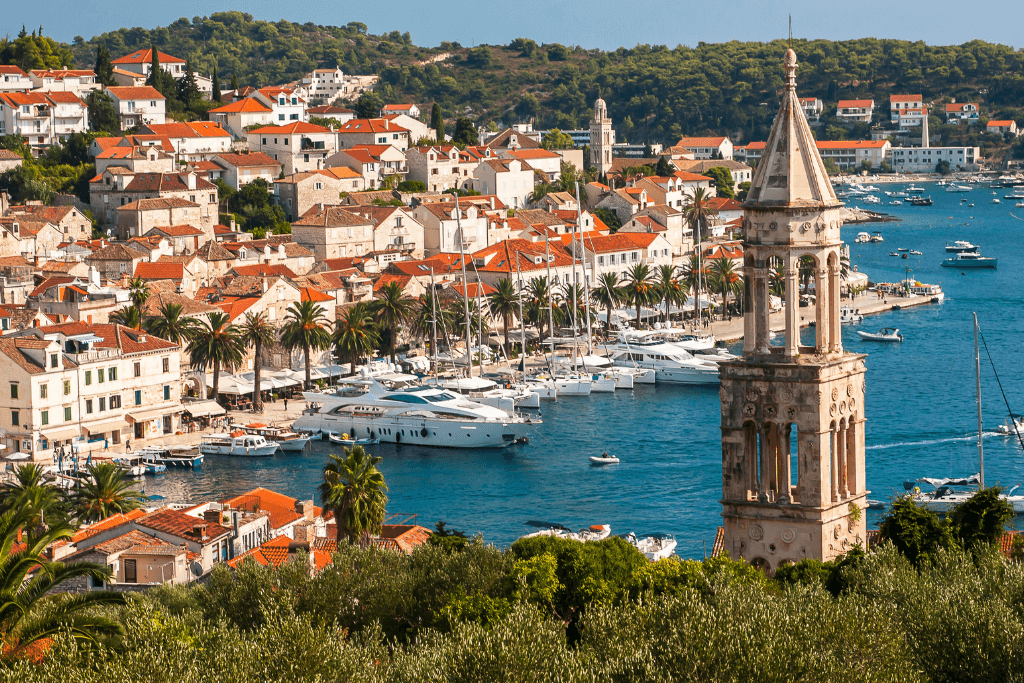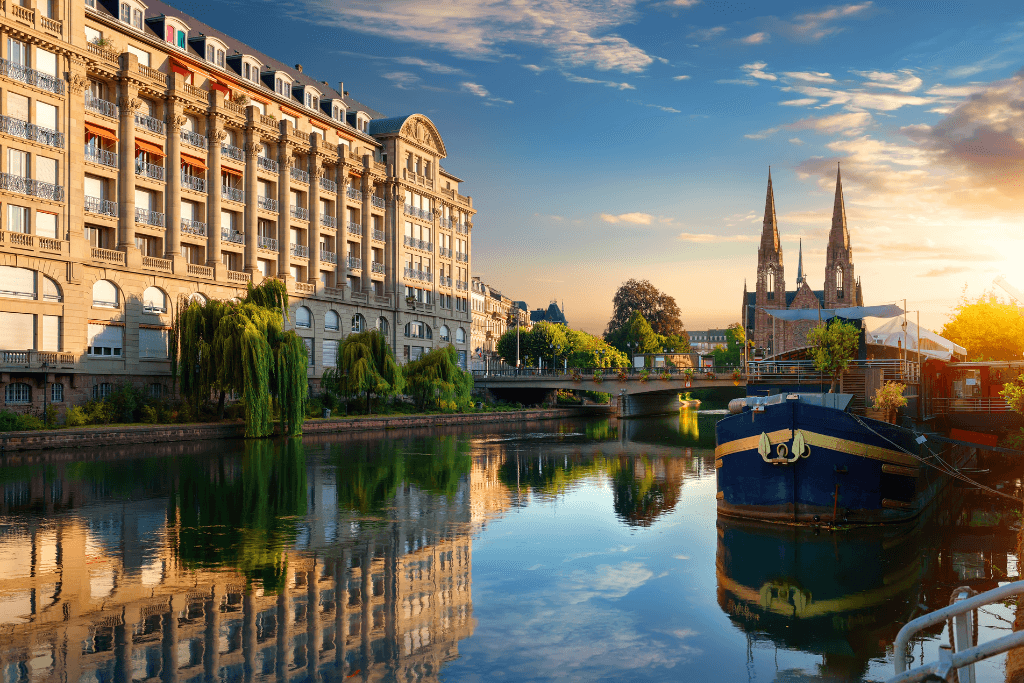- Overview
- Trip Outline
- Trip Includes
- Trip Excludes
- Price
- Gallery

Set sail on a captivating 14-day voyage aboard the luxurious Seabourn Encore, tracing a poetic route through Japan, South Korea, and Taiwan as spring paints the landscape in delicate hues of pink and white. From the serene temples of Kyoto and Kanazawa’s elegant gardens to the cultural vibrancy of Busan and the hidden charms of remote Japanese ports, every stop offers an intimate glimpse into East Asia’s timeless beauty. Between days of discovery, unwind in Seabourn’s world-class comfort — where fine dining, ocean-view suites, and personalized service transform every moment into pure indulgence.
The details:
- Seabourn Encore
- 14 nights
- 27th - 13th March 2027
- From £8,798 per person
*Price correct at time of publication 13/10/2025
Claim your FREE Helly Hansen jacket in partnership with Trends Gibraltar when you book your next Seabourn cruise with us!
Day 1, Embarkation
Tokyo, Japan
Day 2
At Sea
Day 3
Osaka, Japan
Day 4
At Sea
Day 5
Busan, South Korea
Day 6
Sakaiminato, Japan
Days 7 & 8
Kanazawa, Japan
Day 9
Niigata, Japan
Day 10
Akita, Japan
Day 11
Aomori, Japan
Day 12
Miyako, Japan
Day 13
Sendai, Japan
Hitachinaka, Japan
Tokyo, Japan
Itineraries
Day 1 Embarkation
Tokyo, Japan
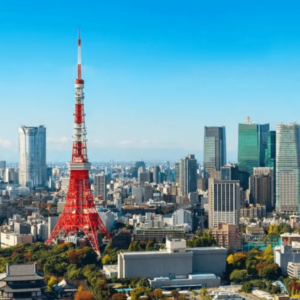
Welcome to Japan’s cutting-edge capital, the world’s largest city famed for its blazing neon, techno-gadgets, and serious fashion sense. Get a glimpse into Tokyo’s glorious past while strolling the Imperial Palace gardens, or take a rickshaw ride through the Asakusa district with its ancient Sensoji Temple and colorful atmosphere that echoes Old Edo. Wander the Tsukiji Market — aka, “Tokyo’s Kitchen” — the world’s largest fish and seafood market, and raise a glass of rice lager at the Philippe Starck-designed Asahi Beer Hall located near the 2,080-foot-high Skytree, the world’s tallest tower.
Day 2
At Sea
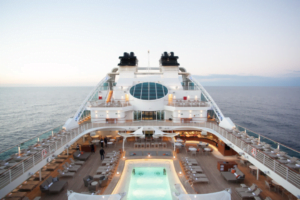
Day 3
Osaka, Japan
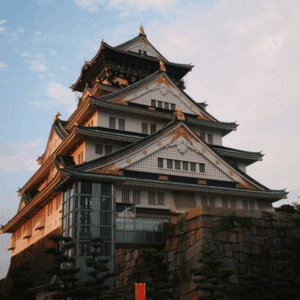
Japan’s second-largest city is famous for its imposing, photogenic Osaka Castle, set in a park with decorative fruit trees that provide extravagant blooms in the spring. It has always been a merchant city, and the business sections are busy and crowded. For visitors, the city holds numerous shrines and temples, including the Shitenno-ji, Japan’s oldest Buddhist temple from 526 AD, and the Sumiyoshi Taisha, one of the oldest Shinto shrines in the country, from 211 AD. The Peace Pagoda, built in 1963, continues a common Japanese theme. For museum lovers, the city has a National Museum of Modern Art, focused on postwar art, and a five-story Science Museum, as well as a unique Oriental Ceramics Museum with over 2,000 items from Japan, Koreas and China.
Day 4
At Sea

Day 5
Busan, South Korea
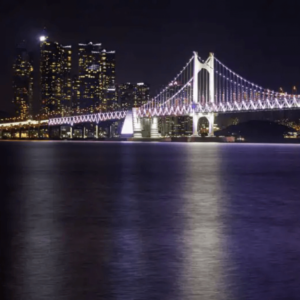
Busan is the second largest city in South Korea, and the country's seaside connection to Japan and the West. Lovely urban scenery, the Pusan International Film Festival, and near-by hot springs has made Busan a popular leisure destination. Busan has the sophistication of a major city, as well as famous beaches that lure visitors from all over the world. The city is a microcosm of South Korea, a nation whose economic success often obscures, to Westerners, one of Asia's most sophisticated and venerable cultures.
Day 6
Sakaiminato, Japan
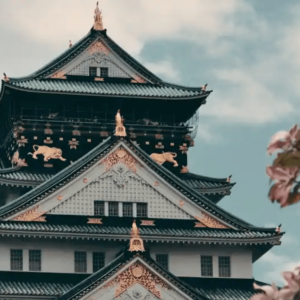
Renowned for its bounty of fresh seafood, Sakaiminato is a fishing town backed by mountains in the Honshu region. Izumo Grand Shrine is one of Japan’s most important Shinto temples, and the six-story, black Matsue Castle is one of the oldest surviving Tokugawa Samurai castles. View the snow-capped Mount Daisen, the vermilion, elaborately carved Hinomisaki temples or soak in the Kaike Onsen hot springs by the sea. The Adachi Museum holds a collection of modern Japanese art, while the Tottori Flower Road is a 124-acre flower garden. On the streets, a number of statues commemorate the Yokai figures created by the locally-born manga artist Mizuki Shigeru.
Days 7 & 8
Kanazawa, Japan
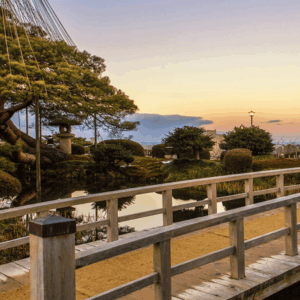
One of Japan’s best-preserved cities, Kanazawa escaped war damage and natural disasters to reward visitors with a wealth of architecture as an important clan castle town from the mid-17th century until the middle of the 19th. The mighty Kanazawa Castle did not survive intact, but its famous Ishikawa Gate, the Sunjikken Longhouse and lavish Kenrokuen Garden hint at the grandeur. Of special note are the surviving Higashi Geisha District and Samurai District streets. The Temple area holds the Myoryuji Temple with its hidden passages and secret doors giving it the nickname the Ninja Temple. The Oyamajinja Shrine is a later addition, its three-story gate with impressive stained glass windows reveal a Dutch influence. Museums worth exploring include the Kanazawa Yasue Gold Leaf Museum, with examples of the arts and crafts using the pure gold decoration for which the region is famous. Another museum celebrates the Buddhist philosopher D. T. Suzuki, credited with introducing Zen philosophy to the West, and a striking 21st Century Museum of Contemporary Art. Nearby Mt. Utatsu is renowned for its Three Shrines.
Day 9
Niigata, Japan
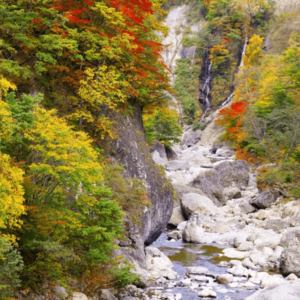
Day 10
Akita, Japan
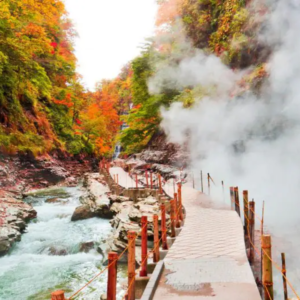
The vibrant heart of the expansive Akita Prefecture in northern Tohoku stands out as a unique destination where modernity entwines with tradition. Sheltered along the enchanting Sea of Japan coast, Akita boasts a captivating blend of modern and old, with a cityscape that showcases an intriguing contrast of architectural styles. Immerse yourself in the pristine natural beauty as you walk through lush amber forests and soak in the tranquil vistas of immaculate crystal lakes or absorb the serene ambience of the Sea of Japan; daydreaming and beachcombing.
Day 11
Aomori, Japan

Located on the northernmost harbor of Japan’s main island of Honshu, Aomori is the traditional departure point for Hokkaido Island. It is famous for its summer Nebuta Matsuri festival, and has a museum that recaptures the color and pageantry for those who visit in other seasons. Explore the earliest prehistoric cultures of Japan at the Sannai Maruyama archaeological site, or visit the Aomori Museum of Art for a look at more contemporary works. Nearby Hirosaki boasts a 17th Century castle. Visit either the Auga or the Furukawa public fish market, where you can create your own version of a donburi rice bowl with pristinely fresh local seafood.
Day 12
Miyako, Japan
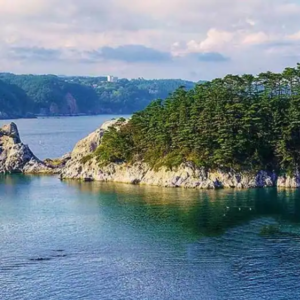
Set along the east coast of the Iwate Prefecture, Miyako was Japan’s main seaport for hundreds of years before a series of tsunamis took their toll. Yet what the city lacks in historical buildings, it more than makes up for in natural attractions such as Sanriku Fukkō National Park. Stretching some 110 miles along the coast, the park showcases amazing flora — including Japanese red pine and a virgin forest of Tabu trees — while a variety of seabirds find refuge along its cliffs and beaches. Birders also flock to nearby Sanganjima island, one of Japan’s main nesting grounds for Swinhoe's storm petrels.
Day 13
Sendai, Japan
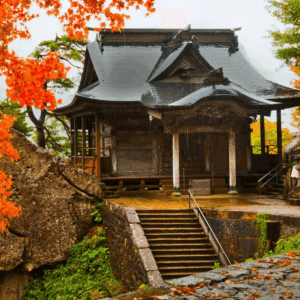
Renowned for its exquisite festivals, diverse dining experiences, and warm hospitality, Sendai is a city where visitors make lasting memories and genuine connections. Steeped in history and tradition, ancient landmarks like the Osaki Hachimangu Shrine and Zuihoden Mausoleum, invite you to immerse yourself in the authenticity and richness of their heritage. Surrounded by lush green landscapes, Sendai offers natural beauty at its finest, with Matsushima Bay, one of Japan's most scenic spots, as a picturesque backdrop. The annual Cherry Blossom Festival transforms the city into a sea of pink and white blossoms, a moment of pure magic and renewal. The city's vivacious spirit shines through vibrant festivals like the Tanabata Festival and the Sendai Pageant of Starlight, offering an intimate glimpse into Japanese traditions and a warm welcome from the locals. As night falls, the Kokubuncho Entertainment District comes alive, providing a lively nightlife under vibrant city lights.
Day 14
Hitachinaka, Japan
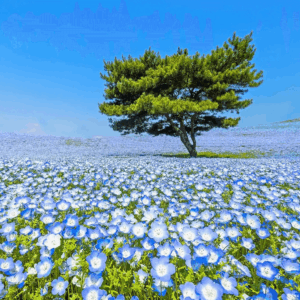
Get a glimpse of bygone Japan in the port city of Hitachinaka, located around 100 miles northeast of Tokyo on Honshu. Hitachi Seaside Park is considered one of the most beautiful places in the entire country, blanketed in millions of flowering plants; during late spring, the park is awash in a sea of vibrant blue nemophila blossoms. Follow the coast down to the 9th-century Oarai Isosaki Shrine; its revered Kamiiso-no-Torii gate is believed to be where the gods descended to earth. Ushiku Daibutsu, a 390-foot-high figure of Buddha, stands among the world’s tallest statues; step inside to view some 3,000 golden buddha statuettes.
Day 15
Tokyo, Japan

Welcome to Japan’s cutting-edge capital, the world’s largest city famed for its blazing neon, techno-gadgets, and serious fashion sense. Get a glimpse into Tokyo’s glorious past while strolling the Imperial Palace gardens, or take a rickshaw ride through the Asakusa district with its ancient Sensoji Temple and colorful atmosphere that echoes Old Edo. Wander the Tsukiji Market — aka, “Tokyo’s Kitchen” — the world’s largest fish and seafood market, and raise a glass of rice lager at the Philippe Starck-designed Asahi Beer Hall located near the 2,080-foot-high Skytree, the world’s tallest tower.
- Cruise only
- Complimentary premium spirits and fine wines available on board at all times.
- Complimentary caviar, an extra indulgence offered throughout your voyage.
- Welcome Champagne and complimentary in-suite bar stocked with your preferences.
- Complimentary Wi-Fi packages with unlimited minutes powered by SpaceX’s Starlink.
- Flights & transfers
From £8,798 per person.
Price correct at time of publication (14.10.2025)

